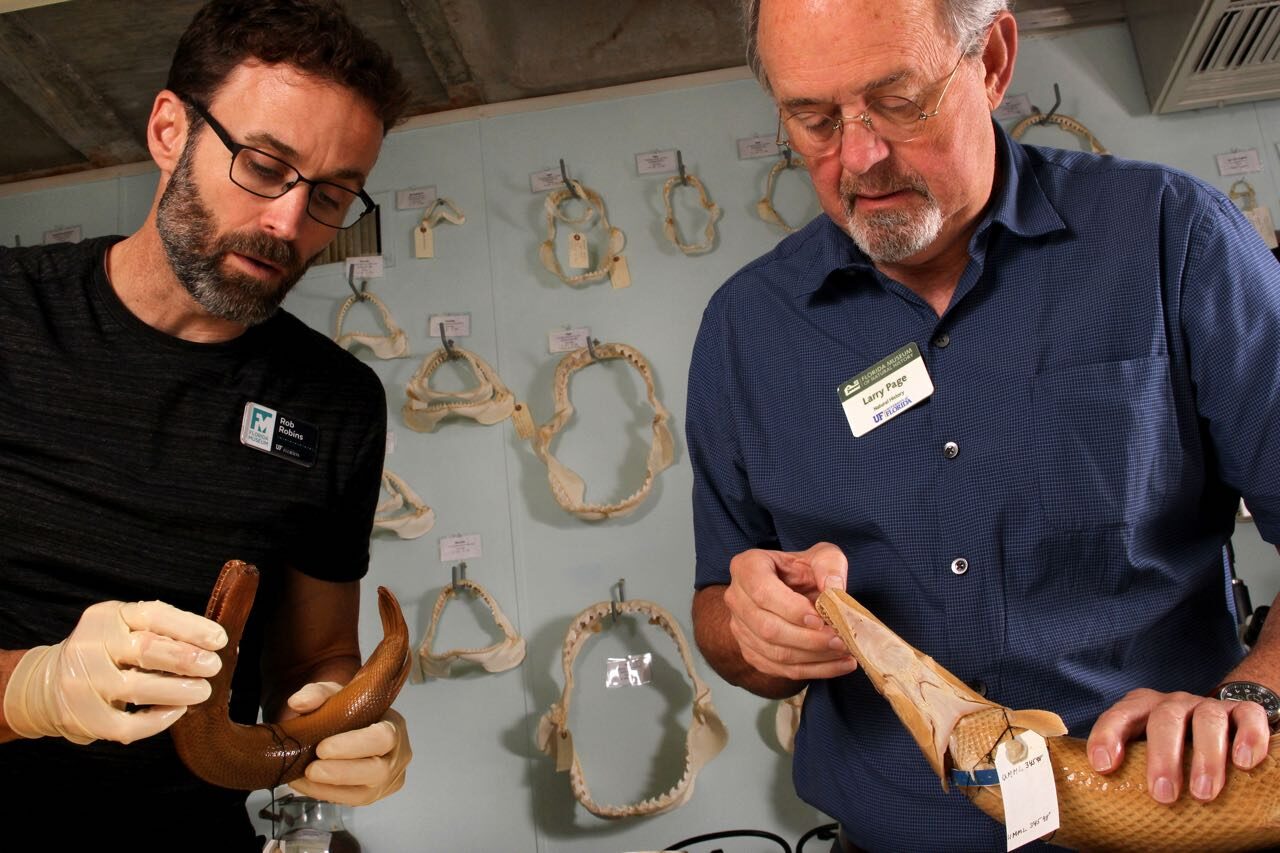On May 18, 2009, the National Science Foundation (NSF) released its long-anticipated fiscal year (FY) 2010 budget request. In total, NSF’s FY 2010 request is for $7.045 billion, an increase of $555 million (8.5 percent) above the FY 2009 request (Note: The FY 2009 and 2010 budget numbers do not include the one-time appropriation of $3 billion NSF received earlier this year via the American Recovery and Reinvestment Act of 2009 [ARRA]). Currently, NSF is working to allocate FY 2009 and ARRA funds totaling approximately $9.49 billion. These funds must be allocated during the current fiscal year. The 2010 fiscal year begins on October 1, 2009.
The FY 2010 request for the NSF’s Research and Related Activities (R&RA) accounts is $5.733 billion, an increase of $550.14 million (10.6 percent) from the FY 2009 request of $5.183 billion. This planned new investment in R&RA programs is intended to reflect the President’s priorities for science and innovation with a focus on high-risk, transformative research; new faculty and young investigator support; graduate research fellowships; and support for research on global climate change.
The total FY 2010 request for the Biological Sciences Directorate (BIO) is $733 million, an increase of 11.8 percent ($77.19 million) from the FY 2009 request. However, even with this significant increase in funding, it is expected that the funding rate for research proposals will remain at approximately 20 percent, as more grant applications are anticipated.
In FY 2010, BIO investments would focus on understanding biosphere dynamics and bioenergy, stimulating transformative research, and enhancing education and participation in the biological sciences. Climate change research, interdisciplinary basic research, research centers, education activities, and the National Ecological Observatory Network (NEON) would all receive substantial increases.
Research Resources and Centers in the Biological Sciences would receive an increase of $20 million, bringing total spending to $142.54 million in FY 2010. Funds would be used to fulfill the recommendation of the Interagency Working Group on Scientific Collections to continue digitizing and networking U.S. specimen-based research collections. Additionally, support will be enhanced for Advances in Biological Informatics and Instrument Development for Biological Research.
Other programs within BIO could receive funding increases as well. Environmental Biology Division (DEB) would receive $133.92 million (up 11.2 percent). If funded at this level in FY 2010, 41 of the budget would be used to support new grants. This request includes enhanced support for projects on climate change and biodiversity and the Long Term Ecological Research (LTER) program. Integrative Organismal Systems would receive $221.84 million (up 4.8 percent) for plant genome and organismal systems research. Molecular and Cellular Biology (MCB) would receive $128.83 million (up 6.2 percent). The Division of Biological Infrastructure (DBI) would receive $130.14 million (up 11.4 percent) for enhanced support for bioinformatics, instrumentation, the National Evolutionary Synthesis Center (NESCent), and the establishment of a Climate Change Education program. The Emerging Frontiers (EF) division would receive $118.27 million (up 37.9 percent), with roughly 50 percent of this funding available for new research grants.
The Geosciences Directorate would also receive a sizeable increase of $151.13 million, a 19.9 percent increase over FY 2009. $46 million of this increase would be designated for climate change research. Additional funds would be made available for climate change education, graduate research fellowships, and other education initiatives.
Education and Human Resource Development would receive $857.76 million (up 1.5 percent) for educating technicians, funding 1,654 new graduate research fellows, and other training opportunities.

